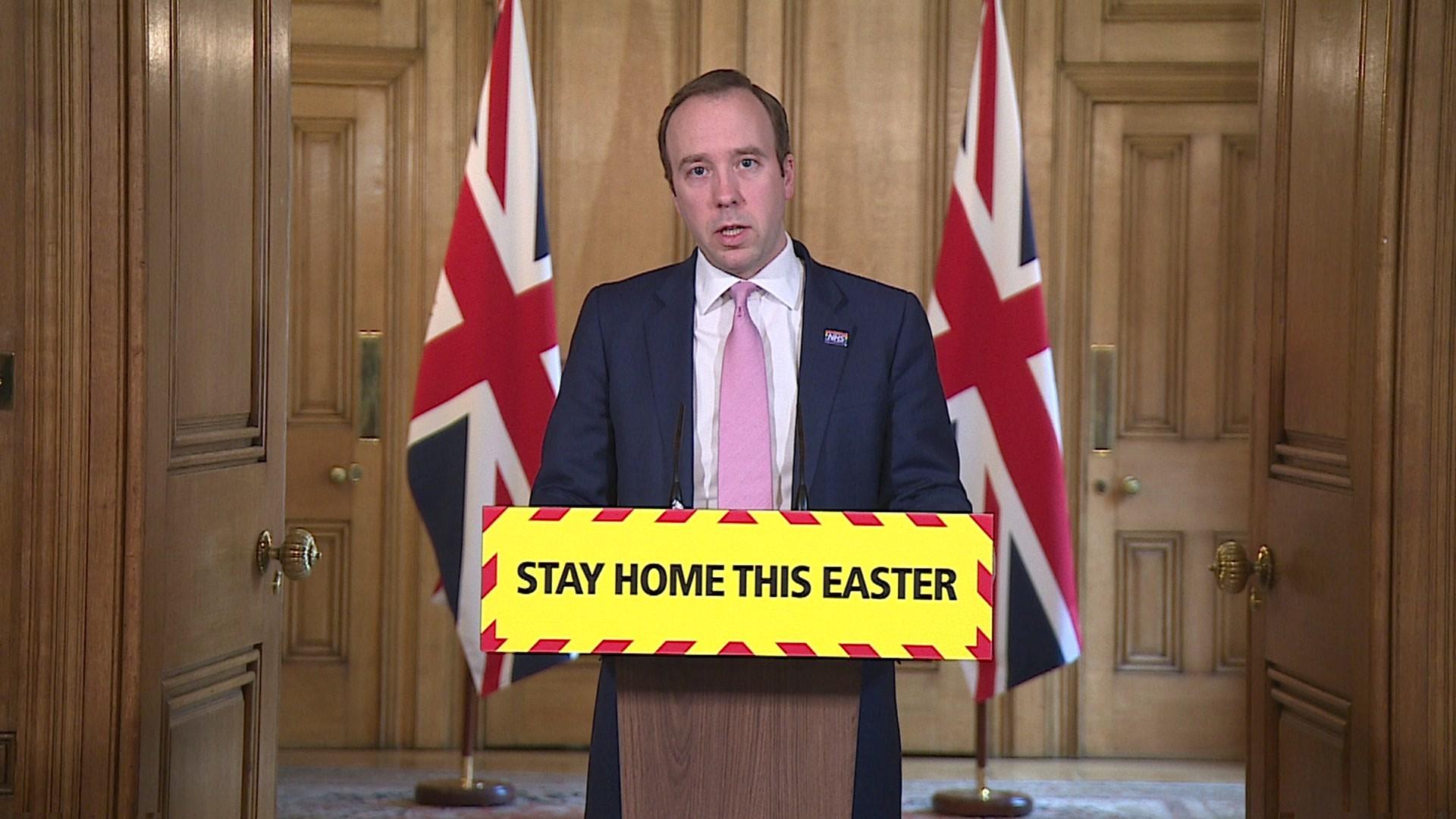Coronavirus: Don't expect changes to UK lockdown this week - Dominic Raab
- Published
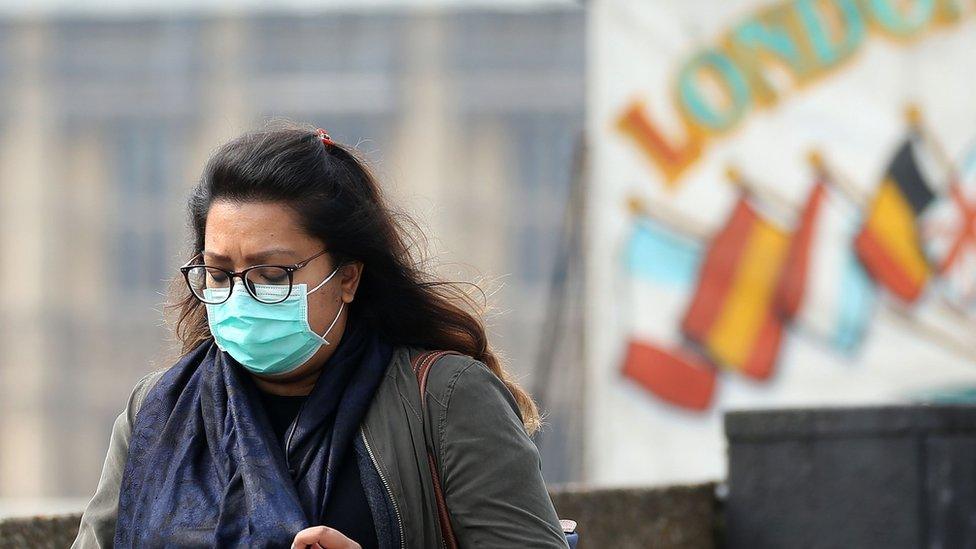
The government does not expect to make changes to coronavirus lockdown restrictions this week, Dominic Raab has said.
The foreign secretary said the UK's plan "is working" but that "we are still not past the peak of this virus".
"Keep this up, we have come too far, lost too many loved ones and sacrificed too much to ease up," he said.
It came as the government said it might change its advice to the public on wearing face masks outdoors.
The UK's chief scientific adviser Sir Patrick Vallance told the daily Downing Street news conference the guidance was subject to an ongoing review.
He added that the government had already seen "more persuasive" data suggesting masks can stop a person passing the virus to someone else, rather than preventing them from catching it.
The World Health Organization said, external it remains the case that medical masks should be reserved for healthcare workers, not the general public.

A SIMPLE GUIDE: How do I protect myself?
HOPE AND LOSS: Your coronavirus stories
LOOK-UP TOOL: Check cases in your area
LOCKDOWN: How do we lift restrictions?

Mr Raab - who is standing in for Prime Minister Boris Johnson as he recovers from coronavirus - said a meeting of scientific advisers would take place to review evidence relating to the current lockdown restrictions this week.
"We don't expect to make any changes to the measures currently in place at that point and we won't until we're confident, as confident as we realistically can be, that any such changes can be safely made," he said.
He told the news conference that easing restrictions too early would "risk a second wave" of infections.
Responding to claims the government lacks an exit strategy, Mr Raab said it was "crucially important that we do not take our eye off the ball or the public's focus" off social distancing measures.
He admitted the government had been "concerned" people "might start ignoring the advice or cutting corners given the temptation to go out into the sunshine" over the Easter weekend. However, he said the "overwhelming" majority of people stayed at home.
Speaking on ITV's Coronavirus Q&A programme, Sir Patrick Vallance said of the lockdown: "It is important that we continue it long enough and that we do not just say 'victory - remove it immediately in totality'.
"The next phase of this is understanding how and when to release these measures in a way that is safe."
The number of deaths in UK hospitals has risen to 11,329 - up by 717 since Sunday.
The Department of Health said a further 4,342 people had tested positive for coronavirus as of 09:00 BST on Monday.

Should healthy people wear face masks?

It has become a vexed issue in this pandemic and the UK government's chief scientific adviser, Sir Patrick Vallance, said the country's stance was being reviewed.
So far the UK has advised against the use of face masks by the general public.
There remains concern that wearing one gives people a false sense of security leading to them slacking off other measures such as hand washing.
But the United States changed its mind and recommends that even healthy people do wear them.
That shift was in part due to the science showing people were infectious for a day before they start showing symptoms.
The World Health Organization's special envoy on coronavirus, Dr David Nabarro, said he thought wearing face masks would become the "norm".
He said the priority was health care workers and then for people who have the disease to minimise their risk of spreading it.
But in the future he can see face masks being recommended for people who can't socially distance in their jobs, such as hairdressers, and then eventually everyone.

Prof Chris Whitty, the UK government's chief medical adviser, told the briefing that 92 care homes had detected an outbreak of coronavirus in the last day alone.
"If an outbreak is suspected public health authorities will go in to do testing to check if an outbreak has taken place," he said.
The Department of Health later confirmed to the BBC that coronavirus outbreaks have been detected at 2,099 facilities in England so far.
Prof Whitty added that he would like to have "much more extensive testing" in care homes due to the "large numbers of vulnerable people" there.
"One of the things we want to do is to extend the amount of testing of people in care homes as the ability to test ramps up over the next few weeks," he said.
Liz Kendall, Labour's shadow minister for social care, called on the government to publish daily figures of deaths in care homes "so we know the true scale of the problem and how fast it is spreading".
It came as 13 residents of one 72-bed care home in County Durham were confirmed to have died after displaying symptoms of coronavirus.
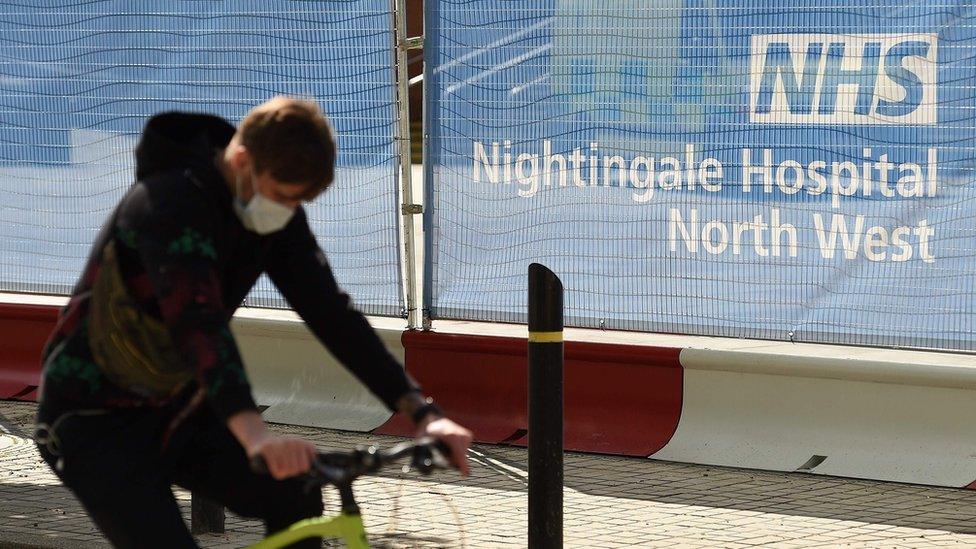
Meanwhile, Sir Patrick warned the number of deaths recorded in the UK is likely to rise in the coming days before they could plateau.
He said: "I think this week we are going to see a further increase, thereafter we should see a plateau as the effects of social-distancing come through. That plateau may last for some time and begin to decrease."
In other developments:
A six-month-old baby is being treated in hospital for coronavirus
An NHS leader said the service's supply of medical gowns was "hand-to-mouth" amid questions over the supply of personal protective equipment
The Post Office has extended its ask-a-friend scheme so anyone who cannot leave home may authorise a trusted person to withdraw cash for them
Mortuary suppliers have told BBC News they have no stocks of standard body bags left for sale, blaming stockpiling due to the coronavirus pandemic for the shortage
Nearly 200 members of the armed forces are being deployed to help ambulance staff battle the coronavirus pandemic
Around 12% of firefighters and control room staff in some areas are self-isolating during the coronavirus pandemic, says the firefighters' union. The Fire Brigades Union has called on the government to provide urgent coronavirus testing of its members so they can return to work

Have you been affected by the coronavirus? Please share your experiences by emailing haveyoursay@bbc.co.uk, external.
Please include a contact number if you are willing to speak to a BBC journalist. You can also contact us in the following ways:
WhatsApp: +44 7756 165803
Tweet: @BBC_HaveYourSay, external
Please read our terms & conditions and privacy policy
- Published3 August 2020
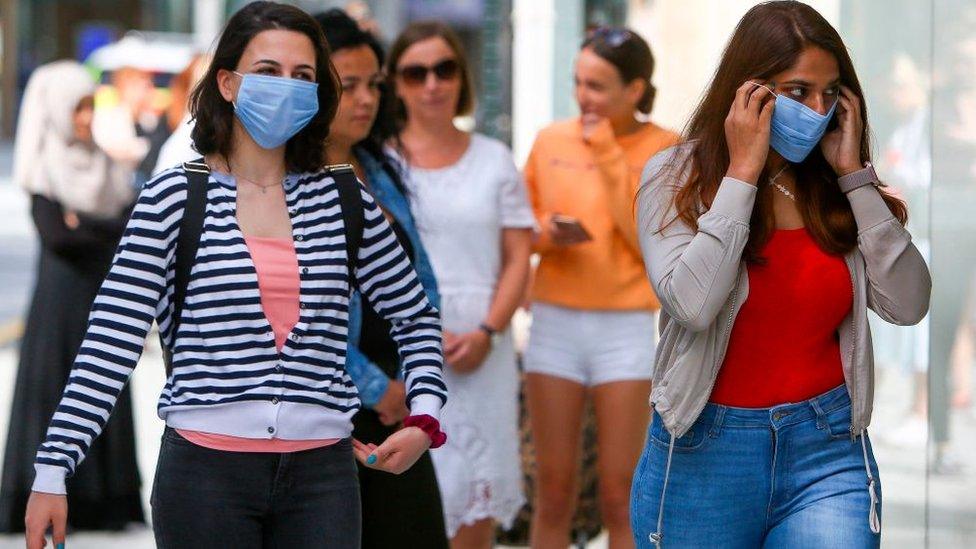
- Published25 January 2022
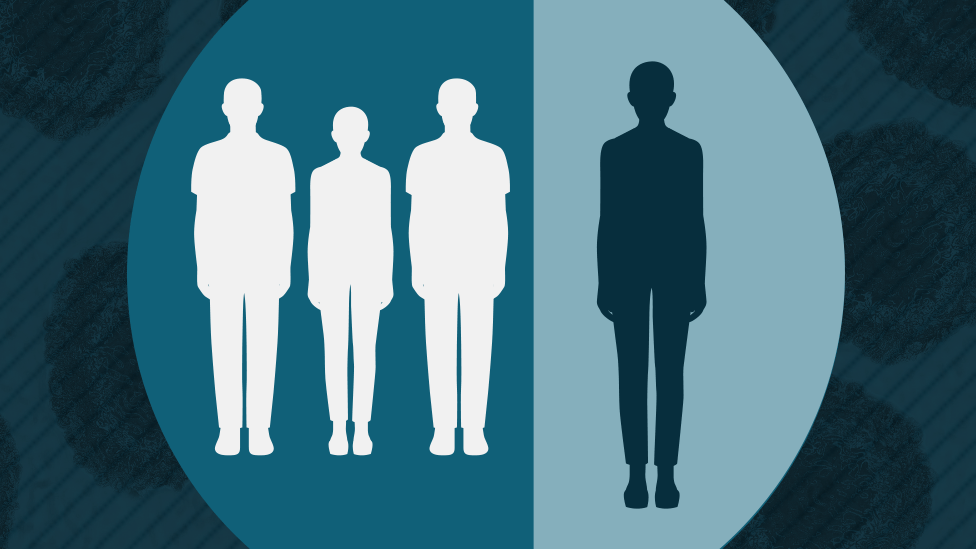
- Published12 April 2020
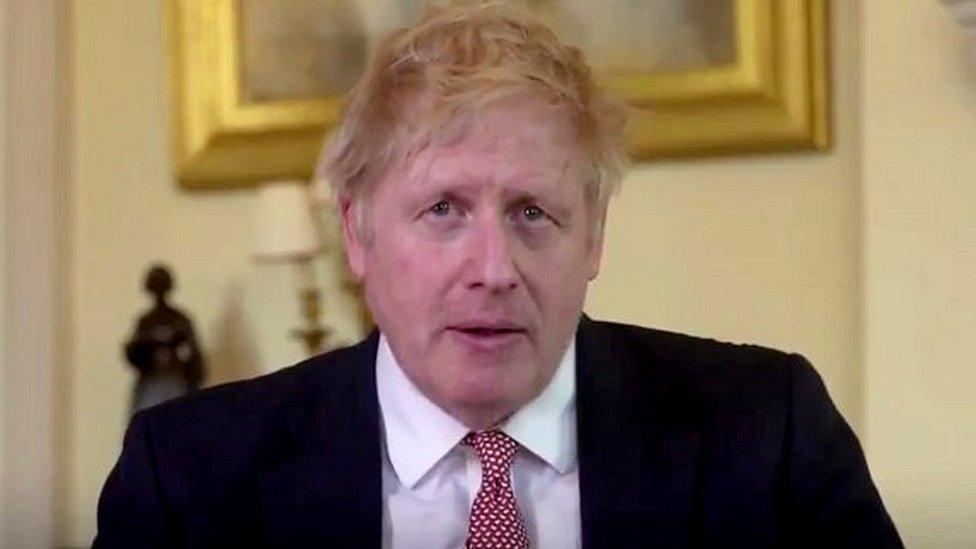
- Published12 April 2020
